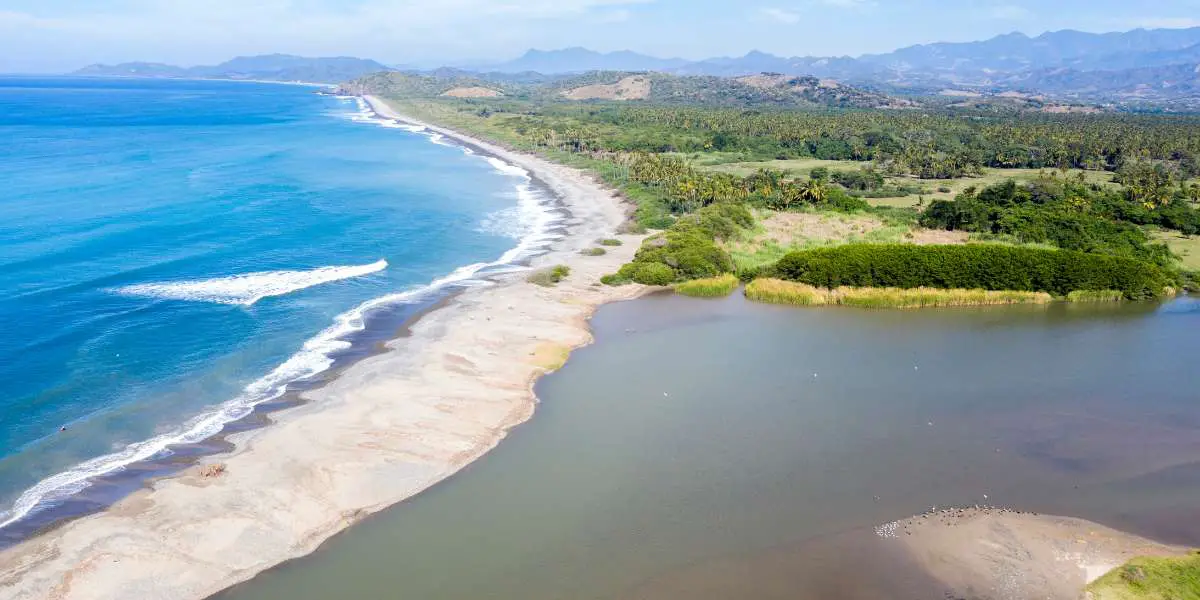Vietnam is a country in Southeast Asia that has one of the fastest-growing economies on the planet. The Vietnamese government has made an effort to welcome foreign investors and retirees, who are looking for a new adventure. This blog post will explore what you should know before retiring in Vietnam!
Vietnam, a country that has been developing rapidly in the past few decades, is now on many people’s minds as a new destination for retirement.
What should you know about retiring in Vietnam? This blog post will give you an overview of what to expect and how to plan your life when living in this gorgeous Southeast Asian country.
What are the climate and weather like in Vietnam?
The climate in Vietnam is tropical, with a rainy season and dry seasons. The best time to visit will depend on what you are looking for: if it’s just the beach that interests your then January through March or October may be perfect; but those who want mountains as well should plan their trip between November (the end of monsoon) until April when many areas have green vegetation again due to soil erosion from heavy rains during winter months which has now replenished after recent rainfall periods! If this sounds too wet there’s also Northern Thailand an excellent destination where weather conditions can often provide sunnier days all year round.
It can take some time to get used to to the humidity levels but this is the trade-off for not having to bundle up in winter months!
The average temperature ranges from 24 degrees Celsius (75 F) at night and 33.0°C during the daytime, which will be perfect if you plan on spending a lot of time outdoors walking or exploring new places when it’s warmer outside but can get too hot within some buildings such as shopping malls with air conditioning so take note before visiting popular indoor tourist sites covered by these conditions all year round like Hoi An Ancient Town – where temperatures inside shops range between 26°C during daylight hours to 23°C after dark!. It may also help prepare yourself that most people dress pretty casually here compared to other destinations, just keep your mind open out there.
What is the cost of living in Vietnam?
The cost of living in Vietnam is generally a lot lower than in the West, so it’s a great place to retire on lower income or if you want the experience of living in an emerging market. One thing is for sure, your dollar will go further here than back home and some estimates put Vietnam as one country with cheapest cost-of life index globally.
When I first visited, I was honestly astonished at how cheap the day to day things were, especially when approaching it from the point of view of a Westerner.
You’ll also find that most people rarely use credit cards because they prefer cash transactions which can be cheaper but beware: public transport doesn’t take card payments so make this clear before hiring any taxis – there are still many other ways around such problems though! Just remember not all Vietnamese speak English well either (especially outside big cities) ..so always carry international currency when traveling off beaten paths just in case too, but don’t worry about running out.
How do I get my retirement visa to live in Vietnam?
Living in Vietnam is a dream for many people. The environment, the culture, and the food are all things that draw people to this country. However, there’s a few hoops you have to jump through before you can get your retirement visa to live in Vietnam.
First of all, it’s important that you make sure your age is at least 55 years old. You’ll also need about $200K USD on hand (or equivalent) as well as proof of being financially stable and able-bodied enough to work full-time without any complications.
It’s not as easy as some other parts of South East Asia to become an expat in Vietnam which means it’s hard to find accurate information about what steps should be taken next after getting approved for your visa!
Do I need a lawyer for that process?
Do you need a lawyer for your retirement visa? Do I need to hire an immigration attorney to get my retirement visa Vietnam. These are two questions that we hear from people who want to retire in Vietnam, but they don’t know what the process entails.
The answer to these questions is no, you don’t need either. If the process seems confusing or scary because it’s your first time applying for a visa of any type this will help alleviate some fears and give people an idea about what they should know going into retirement in Vietnam!
Are there any other things you should know before retiring in Vietnam?
Your life in Vietnam will be very different from what you are used to. You may not speak Vietnamese, and the food could take some getting used to. If you’re living here for a short time, or have no interest in learning about the culture, these things won’t matter much to you. But if you plan on living here long term, it’s best that you understand your new environment so that your transition is as smooth as possible.
The food in Vietnam is very different from what many Westerners are used to. There’s a lot of meat, and it can be cooked differently than you may expect (ex: “rare” beef). But don’t let that stop your adventurous spirit! Vietnamese cuisine has some really great dishes with an interesting mix or sweet/savory flavors – just keep trying new things until something suits the way YOU like flavor combinations done.
English is not widely spoken in Vietnam but it can be found in major cities
English is not widely spoken in Vietnam but it can be found in major cities. You will mostly find English speakers teaching at universities, hotels, or other tourist-related jobs. But there are a few exceptions where you might hear some English spoken on the streets of Hanoi and Ho Chi Minh City.
What I found during my travels there was that English was spoken very well by younger people, which makes sense as they have grown up with much easier access to the internet which their parents wouldn’t have had in their own youth.
Vietnamese cuisine is influenced by its neighbors China and France
When you think of Vietnamese cuisine, what comes to mind? Lemongrass, fish sauce, rice noodles? If so, then you’re not wrong. However, there are many other staples that make up a rich and diverse culinary culture. The cuisine has been influenced by China and France with dishes such as pho (a beef noodle soup), bánh mì (French baguette sandwich), and Banh Xeo (Vietnamese fried crepe).
Conclusion About Retirement in Vietnam
Vietnam is a beautiful country that is rapidly developing. It has an amazing culture and the people are very friendly and welcoming. There are many reasons to retire in Vietnam, including cheap living expenses, low crime rates, gorgeous scenery, warm weather all year long, and plenty of opportunities for adventure.
So tell your boss “see you later” and take the leap to live out a life of adventure in Vietnam!
The Best Places for Retirement: Here are some places with good quality living conditions that offer affordable goods, services. Try Dalat (in Central Highlands), Da Lat City, or Danang city if near the Northern border; Nha Tranh Town is also on this list as it has low traffic congestion levels but still close by major cities like Saigon so easy access when needed while avoiding stressful travel time during peak hours which can save more money over long-term stay. If looking at Southern location then Phu Quoc island offers beautiful beaches among other perks mentioned earlier without sacrificing too much from modern conveniences.





